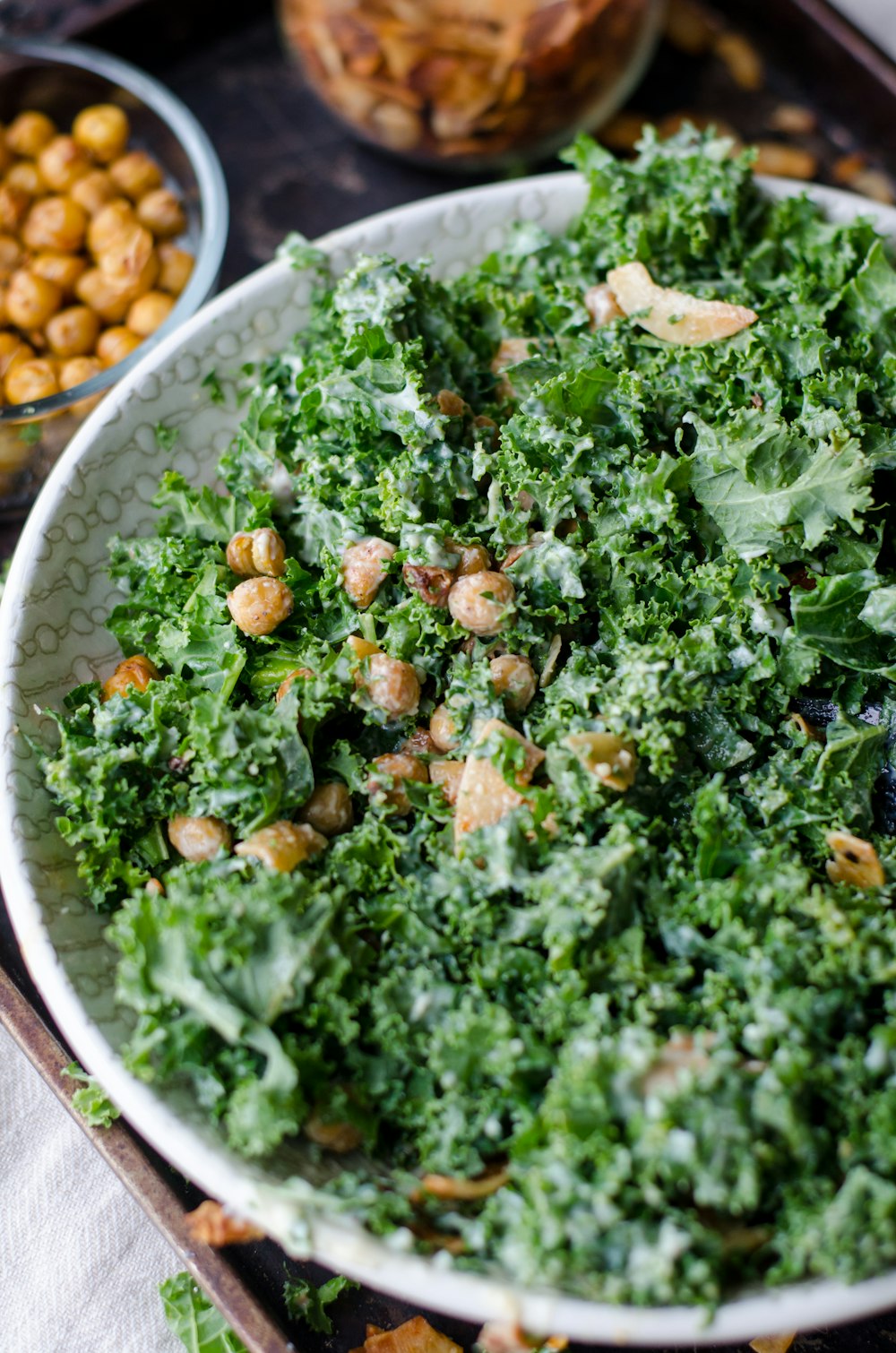Are packaged salads safe?
By: Juan Archila
More Americans are now seeking a healthy lifestyle and finding easy ways to engage with meal preparation. As part of a healthy diet, fresh fruits and vegetables are needed for your body to get essential nutrients and prevent chronic diseases. Leafy greens (including lettuce, spinach, kale, etc.), especially those in packaged salads, have become popular since they are easy to incorporate into healthy meals. Most packaged salads commonly say: “Triple washed,” “Thoroughly washed,” or “Ready to eat,” which makes consumers feel safe about eating the leafy greens. However, some of them have been involved in recalls and outbreaks related to harmful microorganisms’ contamination. The question is, how can this happen if they are supposed to be safe?
If we compare the ratio of safe leafy greens grown, delivered, and consumed with the ones that have been involved in recalls and outbreaks, you will notice that the safer leafy greens exceed those contaminated with harmful microorganisms. These harmful microorganisms are so tiny that you cannot see them with your naked eye, and you will only know your leafy greens are contaminated when symptoms show up. Some of those harmful microorganisms include bacteria, viruses, and parasites. This, however, is NOT a justification for those packaged salads that have been involved in recalls and outbreaks. These outbreaks have negatively affected the overall population, with severe consequences on high-risk populations, including adults aged 65 and older, children younger than five years, immunocompromised, and pregnant women.

The way each microorganism works to cause symptoms may be different from each other and could lead to various adverse outcomes. For example, those outbreaks in which Listeria monocytogenes is involved could lead to negative consequences (e.g., miscarriages, stillbirths, preterm labor) in pregnant women and their newborns.
The following timeline summarizes some multistate leafy greens outbreaks in the past five years (it does not include fresh herbs or sprout outbreaks).
| YEAR | TYPE | OUTBREAK |
|---|---|---|
| 2022 | Leafy greens mixed (packaged salads) | E. coli O157:H7 |
| 2021 | Leafy greens mixed (packaged salads) | Listeria monocytogenes |
| 2021 | Leafy greens mixed (packaged salads) | Listeria monocytogenes |
| 2021 | Baby spinach (packaged salads) | E. coli O157:H7 |
| 2021 | Leafy greens mixed (packaged salads) | Salmonella Typhimurium |
| 2020 | Leafy greens | E. coli O157:H7 |
| 2020 | Iceberg lettuce, red cabbage, and carrots (packaged salads) | Cyclospora |
| 2019 | Leafy greens mixed (packaged salads) | E. coli O157:H7 |
| 2019 | Romaine lettuce | E. coli O157:H7 |
| 2018 | Romaine lettuce (packaged salads) | E. coli O157:H7 |
| 2018 | Leafy greens mixed (packaged salads) | Cyclospora |
| 2018 | Romaine lettuce | E. coli O157:H7 |
Continuous efforts have been made by the industry, government agencies, and academia to mitigate this public health risk. Even though there is specific regulation for produce safety, the Food Safety Modernization Act (FSMA) Produce Safety Rule, action plans have also been developed. These action plans are based on “prevention, response and knowledge gaps.” The prevention includes the implementation of the science-based standards that are stipulated in the Produce Safety Rule. The response consists of actions being followed to investigate produce outbreaks, including surveillance systems. And the knowledge gaps include the understanding of produce contamination using science to mimic harmful microorganisms’ dynamics.
This is too much information to process! So, let’s summarize it!
1. Packaged salads should be safe for consumption because their production must follow food safety practices.
2. Sometimes, packaged salads could be contaminated with harmful microorganisms. But that DOES NOT mean all of them are contaminated.
- Daily food recalls can be found here:
- Foodborne outbreaks can be found here:
3. Industry, government agencies, and academia are working together to continue providing safe produce to consumers.
For more information, visit:
- Centers for Disease Control and Prevention. (2022). Fruit and vegetable safety. https://www.cdc.gov/foodsafety/communication/steps-healthy-fruits-veggies.html
- Centers for Disease Control and Prevention. (2022). Lettuce, other leafy greens, and food safety. https://www.cdc.gov/foodsafety/communication/leafy-greens.html
- Centers for Disease Control and Prevention. (2016). People at risk – pregnant women and newborns.
https://www.cdc.gov/listeria/risk-groups/pregnant-women.html
#:~:text=CDC%20estimates%20that%20Listeria%20is,infection
%2C%20which%20is%20called%20listeriosis. - US Food & Drug Administration. (2020). FDA outlines 2020 action plan to help advance the safety of leafy greens. https://www.fda.gov/news-events/fda-voices/fda-outlines-2020-action-plan-help-advance-safety-leafy-greens

Graduate Research Associate
archilagodinez.1@buckeyemail.osu.edu
Tags:

Add new comment